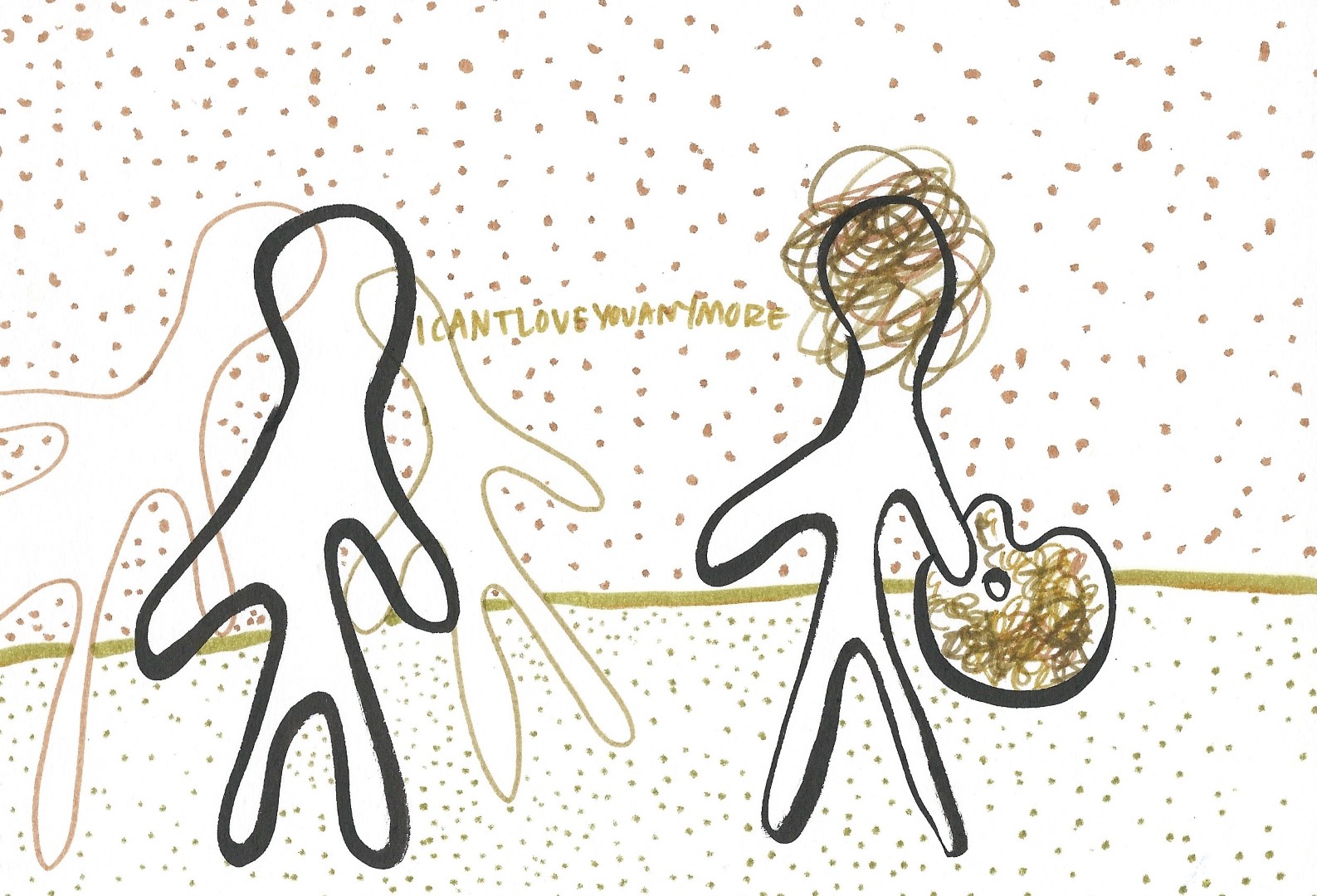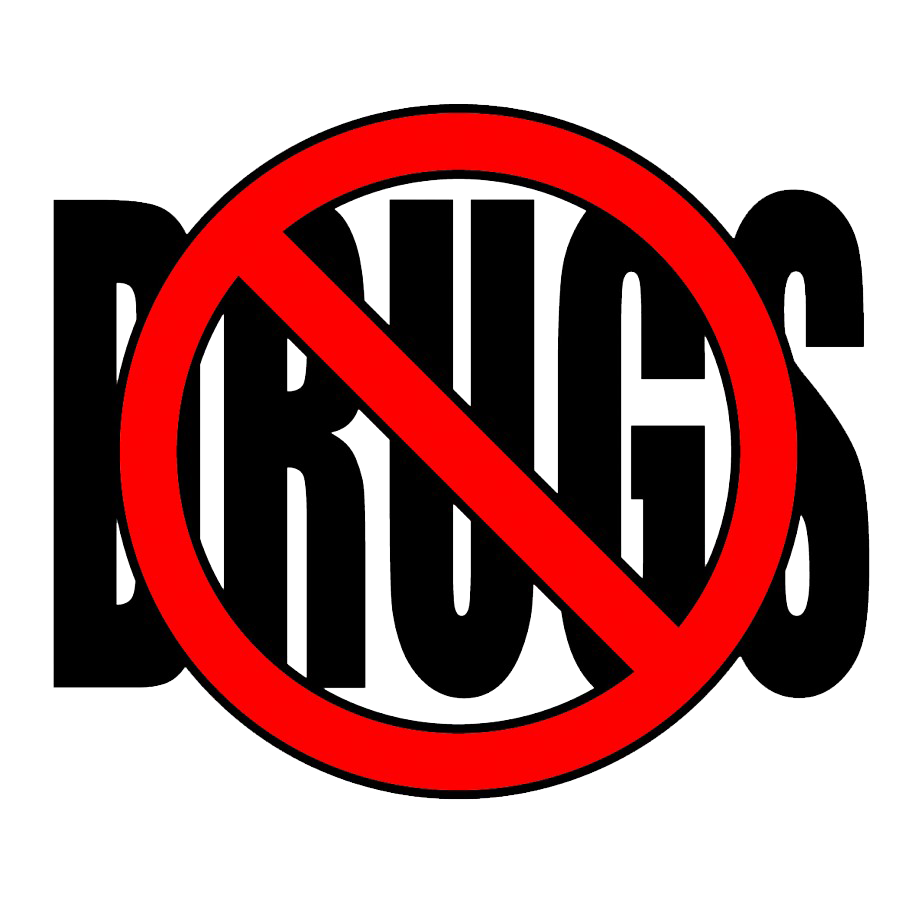
An artist’s views are important to us, until the world turns against them
By CJ Sommerfeld, Staff Writer
Where does the line blur between cancelling someone due to your own will, and doing so to be a part of some social movement?
Who is your favourite artist? Maybe they are a cartoonist, a director, or some musician. What are their political ideals? What sort of clothes do they wear? What do they stand for?
I am sure everyone has someone who they have a cult-like obsession with. Whatever it was that lured you in was probably just the beginning. Likely, it was related to something superficial like the aesthetic of their art or blatantly, the way they looked. Their belief systems were some things which you probably later adopted or accepted even if they veered from one that you held previously.
Artists are gods in some people’s eyes, as they assist us out of a hard time or encourage us to do better. Some of us gain a sort of artificial, one-way relationship with those we look up to, ingesting bits of information via interviews or articles, analyzing their lyrics or biases. Personally, I find myself more likely to adopt a new political ideal or even just a way of being if it was presented by or spoken about by someone whose art I enjoy. An example is what some could pejoratively label as the “white trash” lifestyle exhibited in Townes van Zandt’s documentary Be Here to Love Me. This lifestyle previously presented by The Simpson’s Cletus (among other stereotyped characters), made me run from something that was quite close to my own upbringing. However, seeing it presented by someone whose music I admired made me do a double take. In his documentary, Zandt notes his music goals were not to make hits, but instead to create something raw and real; living a low-key life aided in him acquiring this. In the doc, he expressed that he never planned on making it to the Grand Ole Opery—a heaven of a performance venue for country singers, as it was not made for minor keys, like those which his songs were comprised of. (Minor keys produce more melancholic harmonies than that of a major key, invoking solemnity opposed to something exciting that you could two-step to.) He rebelled from a norm that would have provided him with more financial success than he ever wound up receiving. Instead, he stayed true to his art. Zandt passed away in 1997, prior to the cancel culture movement. Would my obsession with him have ceased if his record label would have dropped him for propagating an image that went against their political views or something of the like?
Now, do not get me wrong, cancelling someone has many times been appropriate. Anything related to sexual abuse or sexual coercion is demented—goodbye Harvey Weinstein and Woody Allen. I think saying racist slurs and divisive comments also justify this social mutiny—goodbye Cosmo Kramer and Don Cherry. Frankly, I think a lot of what people have been cancelled for is a good reason. But what happens if an individual is cancelled due to something that had already been known about them; something that had not stopped individuals from interacting with their art previously?
Let us take Ariel Pink, for instance. After what seemed like a slow grave digging, in January 2021 he was dropped by his music label Mexican Summer. Attending the Capitol Hill protest (not storming the White House) was the cherry-on-top which ultimately encouraged his label to drop him. This happened despite him having been overtly pro-Trump for a long while. If you continue to listen to his music, are you worse off a person than you were prior to him being cancelled? Or are you a better person if you jump on the bandwagon and similarly snub him, despite being aware of his right-wing extremist stance previously?
Marilyn Manson has also recently been repudiated after his ex-wife Evan Rachel Wood has accused him of abusing her. His record label Loma Vista as well as TV showsAmerican Gods and Creepshow both dropped him following these allegations. In an interview following this, singer-songwriter Phoebe Bridgers criticizes all those who have cancelled him in saying that they were aware of the abuse previously; the move was simply performative activism.
At what point is boycotting performative activism? Where does the line blur between cancelling someone due to your own will, and doing so to be a part of some social movement?

